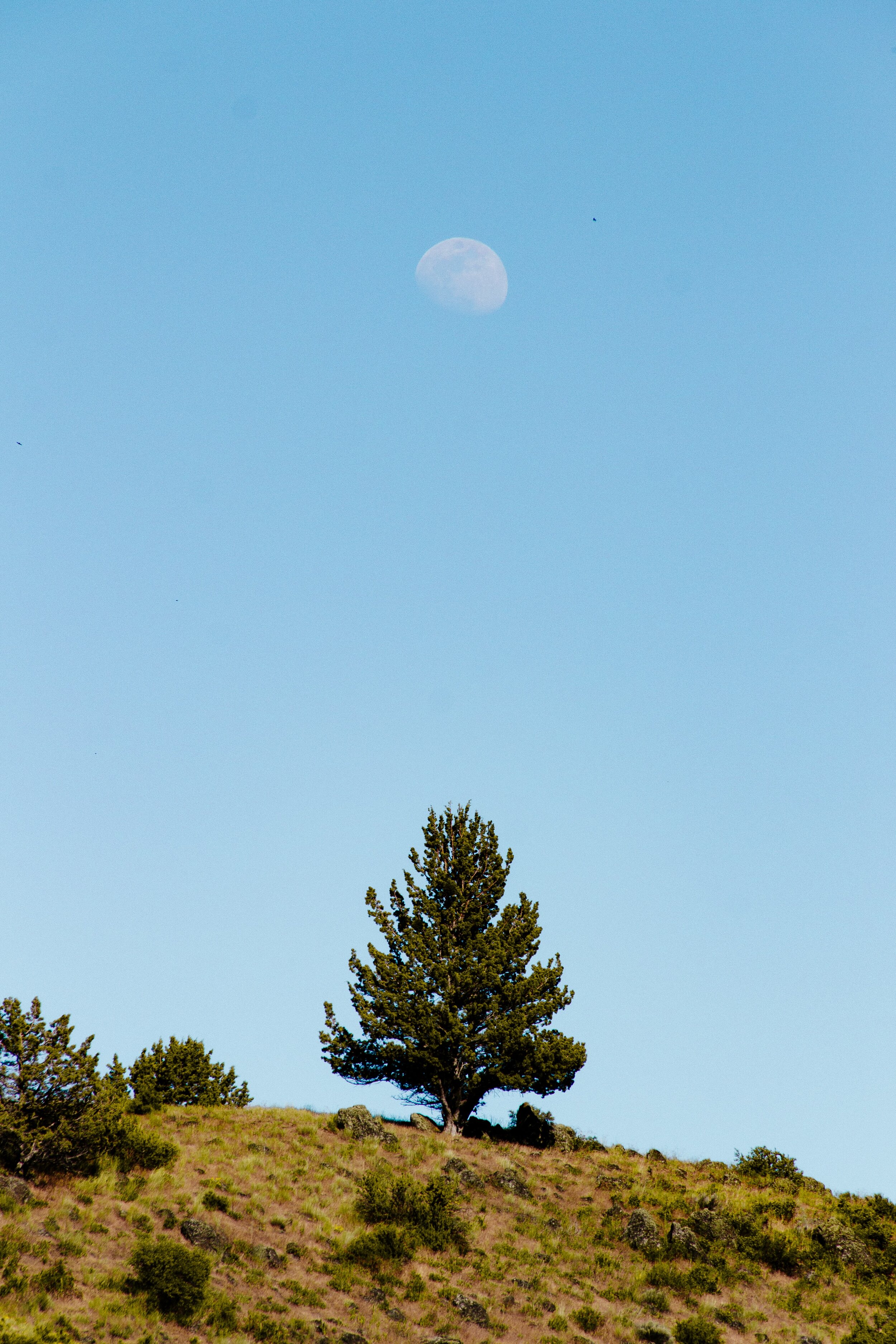The Sublime Beauty of Finality
When things, events and people are encountered for one last time, the character of the encounter changes. Whilst mundane, such encounters are often taken for granted and quickly forgotten, and often accompanied by the assurance that this encounter would repeat itself soon enough. When you realise that the event is not to be repeated, however, the encounter takes on a different character. It seems like an almost revelatory event.
What was once glibly looked over now presents itself in all its fullness, in a manner akin to what Jean-Luc Marion calls a “saturated phenomenon”. In that last encounter, a painting is more vibrant, a kiss is more tender, a concert more passionate, and a landscape more beautiful. In presenting itself as the final kiss, meal, painting or concert, you find yourself struggling to pull away from it, for fear that this saturated encounter will be irretrievably lost to the ether of history. And as the door of history closes on that encounter, no video, no Instagram pic and no revisit on a facebook post will ever bring back its fullness and intensity.
It would seem then that in light of the eschatological horizon by which Christians are called to live, we are not called to just passively allow things to be left behind in the material world as we move towards the heavenly. The doctrine of the Incarnation militates against such an attitude anyway. But going further, it would seem that the Christian, moving towards a new earth, is also called to be more passionate in their encounters with the old earth. One does not mean a greater exploitation of earth, but it does mean that each encounter, each thing and each person must be allowed to fully reveal itself. This, which in our rush to move from one moment to another, and dominate one thing and another, we almost certainly would not have allowed.
In our brokenness, it is most likely that there is never an encounter that is allowed to reveal itself fully to us. Part of our sanctification then, would be a change of stance towards the world, and allowing each phenomenon, saturated with meaning, to come into contact with us. But this kind of saturated materialism requires a constant process of conversion, one that begins with the realisation that each of these encounters is a gift from the Creator, and the realisation that we in our sin, we have not been sufficiently grateful for each gift that passes by.
It may be that we may never reach such an angelic state of peering into the world of meanings behind each encounter. Be that as it may, in so undergoing this conversion, we can also trust that the God that gifted us with each moment, can also redeem and fulfil each encounter that we have allowed to slip past us, if only we commit them to Him. These things or people which we have either taken for granted, or insufficiently engaged, can in the hands of a God that “binds up all” (Ps 147:3) become the raw material for the creation of “a new thing” (Isa 43:19).
Support Awkward Asian Theologian on Patreon, and help make a change to the theological web.




